Working with the most optimistic projections for the progress of Covid-19, Spanish universities have started to plan a return to normal activity as early as the start of June. The move comes at the request of the education ministry, which has been working with higher education institutions, education agencies and regional governments to coordinate their response to the crisis. Their aim is to prevent students from missing a semester and completing their studies this academic year.
It’s been a month since the Spanish government declared a mandatory lockdown to try to halt the spread of Covid-19. Things are now looking up for the European country that was hardest hit after Italy, as the curve of new cases has already started to flatten. On 14 April, new coronavirus-related deaths stood at 520 against a record high of 950 deaths two weeks earlier.
During the lockdown, university students in Spain have been keeping up with their coursework online, while researchers work from home on theory, project planning or writing up results. ‘It’s important that PhD students remain busy and don’t have a sense that they’re wasting time, or on vacation,’ says Nazario Martín, a professor of chemistry at Complutense University of Madrid and vice-president of the Madrid Institute of Advanced Studies in Nanoscience.
In Spain, education is governed at a regional level, and municipalities have delegated campus reopening schedules to the universities themselves. Most universities plan a phased return of students and researchers, with the first phase starting in early June if things continue to improve. As a result, the academic year could be extended until July, and some students may have to sit exams or conduct lab work in September. This could mean an overlap with the following academic year, or a delayed start for the upcoming term.
In Madrid, the hardest hit area in the country, universities will remain closed until the end of the academic year, which has been extended by two weeks to compensate for lost time during the lockdown. However, students who have laboratory assignments or need to do internships will be able to access facilities in June. That plan is conditional on a green light from health authorities. ‘The only thing we are sure of right now is that there will be no face-to-face activities before 29 May. Come June, we will decide on what to do next,’ said Martín.
For Nekane Balluerka, rector of the University of the Basque Country (UPV/EHU) and a member of the permanent committee of university lobbying non-profit organisation CRUE, ‘the main thing is to make sure students who graduate this year finish on schedule and with all the legal guarantees’.
At UPV/EHU, students and researchers who need access to laboratories should be able to return to campus in mid-May, along with administrative staff. ‘After this first stage, and depending on what the health authorities tell us, we will be moving our de-escalation plan forward by bringing back the student body,’ says Balluerka. The university will also extend PhD deadlines for as long as lockdown measures stay in place.
At the Institute of Chemical Research of Catalonia (ICIQ), researchers plan to return to offices in a few weeks, as soon as the institute receives all the necessary safety equipment – masks and gloves. Once there, they plan to continue social distancing, which will mean working in shifts. ‘Everyone who can will continue to work from home. We’ll also make schedules flexible to allow staff to attend to their children, who are unlikely to go back to school anytime soon,’ said Lluís Solà, area manager at ICIQ.
From a funding perspective, it’s unlikely that researchers will be penalised for the lockdown period. ‘If the lockdown doesn’t last much longer, researchers shouldn’t be affected. In general, the deadlines for projects are long enough to brave this time,’ said Solà. Martín believes that many researchers will ask for extensions, which could be up to six months. ‘I think the [education ministry] may even legislate on the matter, and postpone the deadline on all government-funded projects from three to six months.’
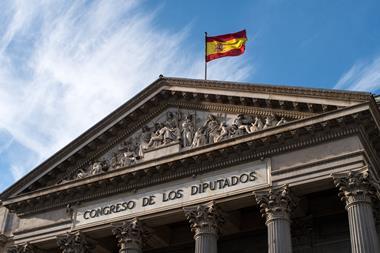
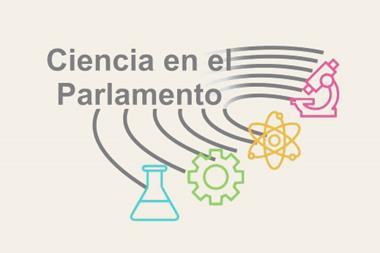
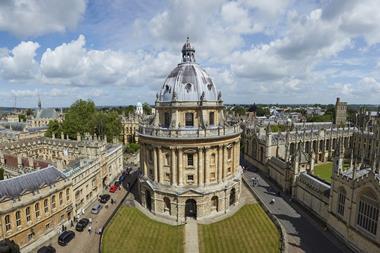
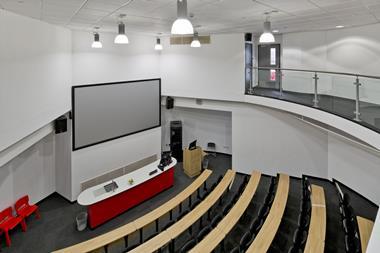
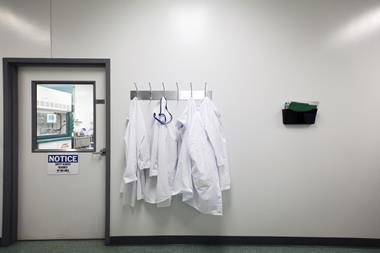
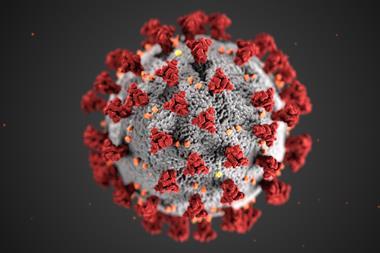






No comments yet